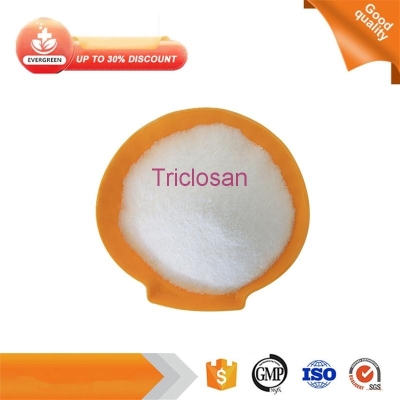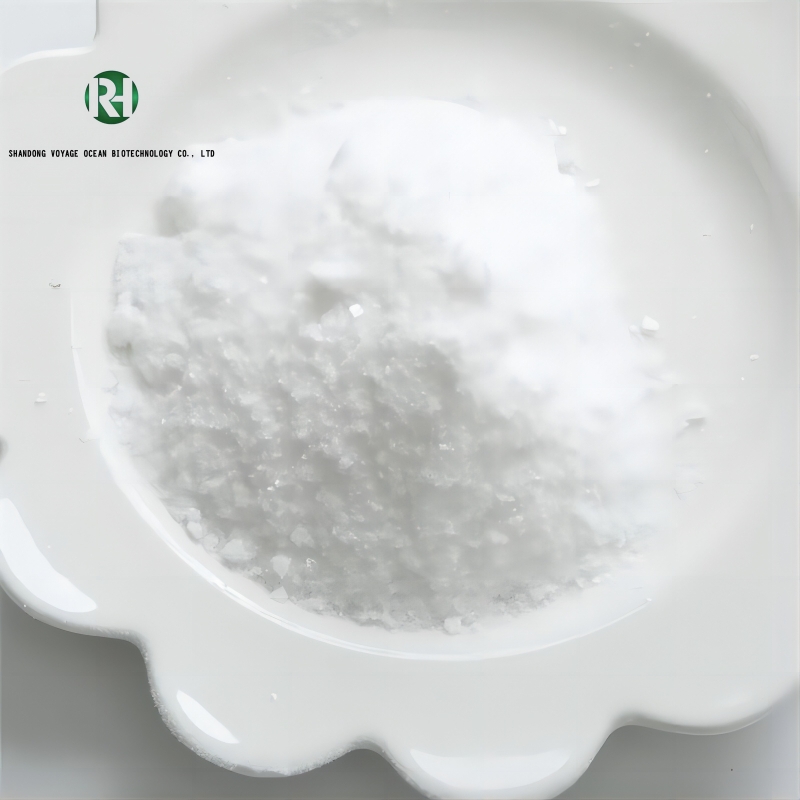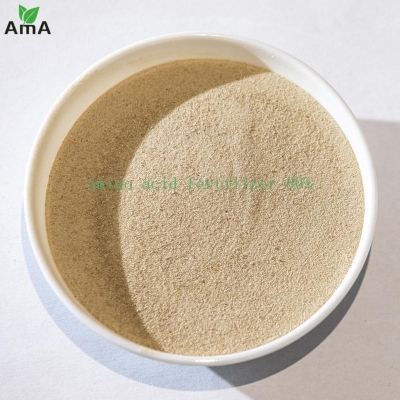-
Categories
-
Pharmaceutical Intermediates
-
Active Pharmaceutical Ingredients
-
Food Additives
- Industrial Coatings
- Agrochemicals
- Dyes and Pigments
- Surfactant
- Flavors and Fragrances
- Chemical Reagents
- Catalyst and Auxiliary
- Natural Products
- Inorganic Chemistry
-
Organic Chemistry
-
Biochemical Engineering
- Analytical Chemistry
- Cosmetic Ingredient
-
Pharmaceutical Intermediates
Promotion
ECHEMI Mall
Wholesale
Weekly Price
Exhibition
News
-
Trade Service
Evolocumab is a human monoclonal immunoglobulin G2 (IgG2) that can effectively reduce LDL-C levels in patients with dyslipidemia
.
Iloyuumab was approved for marketing by the European Medicines Agency (EMA) on July 17, 2015, was approved by the U.
Mechanism
Iloyuumab is a human monoclonal IgG2 antibody, a PCSK9 inhibitor, which can selectively bind to PCSK9 to prevent PCSK9 in the blood from binding to LDLR on the surface of liver cells, thereby preventing PCSK9-mediated degradation of LDLR , And make LDLR circulate smoothly back to the surface of liver cells
.
Iloyuumab increases the number of LDLR by inhibiting the combination of PCSK9 and LDLR, thereby eliminating LDL-C in the blood
Pharmacokinetic
The combination of iloyuumab and PCSK9 can exhibit non-linear kinetic characteristics, which is most significant when the dose is less than 140 mg
.
After a single subcutaneous injection of iloyuumab in healthy subjects at a dose of 140 mg or 420 mg, the highest plasma concentration can be reached within 3 to 4 days, and its absolute bioavailability is 72%; when iloyuumab is injected subcutaneously When the dose is ≥140 mg, the drug exposure is positively correlated with the increase in dose
Effectiveness and safety in clinical trials
In 2017, the "FOURIER Study" confirmed for the first time the significant lipid-lowering and cardiovascular protective effects of iloyuumab.
The "AHA Blood Lipid Management Guidelines in 2018" recommends: in patients with very high-risk atherosclerotic cardiovascular disease (ASCVD) , When the lipid-lowering treatment fails to meet the standard, the application of PCSK9 inhibitors for treatment can improve the patient's prognosis and reduce the occurrence of cardiovascular events
.
The data of clinical trials confirmed the benefits of iloyuumab in the treatment of atherosclerotic cardiovascular disease, and provided direct evidence-based medical evidence for its marketing.
1.
The curative effect for primary hypercholesterolemia and mixed dyslipidemia
(1) Medication alone
.
A randomized, double-blind, placebo-controlled phase II clinical trial (MENDEL, NCT01375777) involving 406 subjects (2.
(2) Combined with statins
.
For patients at risk of CVD, high-dose statin therapy may not achieve the best effect (LDL-C <1.
(3) Combine statins and ezetimibe tablets
.
After the end of the parent trial of iloyuumab, patients who completed the phase II clinical trial can be included in the OSLER-1 study, and patients who completed the phase III clinical trial can be included in the OSLER-2 study
2.
Efficacy for patients with intolerance to statins
Studies have reported that as many as 10% to 20% of patients are intolerant to statins, which are mainly caused by muscle-related adverse reactions of such drugs, and iloyuumab will become statin intolerant patients Effective drugs for the treatment of hypercholesterolemia
.
The results of a phase II clinical trial involving 160 patients with statin intolerance showed that iloyuumab can significantly reduce the LDL-C level of such patients
3.
For the efficacy of heterozygous familial hypercholesterolemia (HeFH)
Studies have shown that iloyuumab also shows a good therapeutic effect on the two genetic diseases of HeFH and HoFH
.
HeFH is the most common family genetic disease, which often leads to a higher incidence and mortality of early-onset CVD, and traditional lipid-lowering drugs cannot reduce the LDL-C level of HeFH patients to an ideal level
.
A study of 329 patients with HeFH found that after 12 weeks of treatment with Iloiuumab (140 mg, q2w or 420 mg, q4w), the LDL-C level was significantly reduced by about 60%, and the patient was well tolerated , The probability of adverse reactions is extremely low; in addition, compared with the placebo group, the iloyuumab group (140 mg, q2w or 420 mg, q4w) also significantly reduced the patients’ ApoB, Lp(a), TG, non -The levels of HDL-C, TC/HDL-C, and ApoB/ApoA1 increase the levels of HDL-C and ApoA1
.
4.
The efficacy of homozygous familial hypercholesterolemia (HoFH)
HoFH is a rare and severe hereditary CVD accompanied by impaired LDLR function, which can lead to increased levels of LDL-C in the body and accelerate the development of CVD
.
A randomized, double-blind, placebo-controlled phase III clinical trial (TESLA, NCT01588496) of 50 HoFH patients (age ≥12 years) with the subject of a study showed that Iloyuumab is well tolerated in HoFH patients It provides an effective choice for reducing the LDL-C level of such patients
.
However, the study also pointed out that for patients with two LDL receptor mutation genes (loss of LDL receptor function), iloyuumab treatment is ineffective
.
Another clinical trial with 106 HoFH patients (age ≥12 years old) as the research object, including 34 patients receiving LDL plasma clearance therapy, found that long-term use of iloiuzumab in HoFH patients has a continuous lipid-lowering effect
.
5.
Reduce cardiovascular risk in patients with confirmed CVD
One study was a randomized, double-blind, placebo-controlled study of 27,564 patients with CVD, of which 81% were myocardial infarction patients, 19% were non-hemorrhagic stroke patients, and 13% were symptomatic peripheral arterial disease patients (FOURIER , NCT01764633) showed that in the context of statin therapy, iloyuumab can reduce the LDL-C level of CVD patients below the target value, and can significantly reduce the incidence of cardiovascular events
.
Recently, a study has expanded the results of previous studies by evaluating the impact of iloyuumab in a larger pooled sample and more additional subgroups, further confirming that iloyuumab treatment can bring consistent and significant results regardless of race.
LDL-C levels are reduced
.
What is worthy of our Chinese doctors and patients’ attention is that Asian subjects with type 2 diabetes have the most significant reduction in LDL-C with iloyuumab, making 95.
1% of patients achieve LDL-C<70 mg/dl, 86.
In 9% of patients, LDL-C decreased by ≥50%
.
In addition, in the pooled analysis of all placebo-controlled studies, pooled analysis of all ezetimibe-controlled studies, statin intolerant populations, hypercholesterolemia/mixed dyslipidemia (placebo or ezetimibe-controlled) populations , Asian subjects all numerically showed a higher LDL-C compliance rate (regardless of <70 mg/dl or a decrease of ≥50%)
.
This is undoubtedly good news for the current situation where the LDL-C compliance rate of cardiovascular disease patients in China, especially the extremely/ultra-high-risk patients, is far from ideal
.
With the further analysis of the research, we believe that the indications of iloyuumab will become wider and wider, which will bring hope to more and more cardiovascular patients
.
Reference
[1] Chen Wenwen, Li Zhenshan, Liu Yanyan, Geng Tao, Liu Yanlin, Dang Heqin, Jing Cai.
Research progress of PCSK9 inhibitor iloyuumab in reducing the risk of cardiovascular events[J].
Chinese Journal of Hospital Pharmacy, 2020,40(03):344-348.
[2] Liu Donghua, Li Xiangpeng, Xu Long, Yang Xue, Li Jing, Qu Haijun, Xing Xiaomin, Cheng Shaoyuan, Zhang Bin, Wang Panfeng, Jing Fanbo.
Research progress of new lipid-lowering drug PCSK9 inhibitor iloyuumab[J] .
China Pharmacy, 2020, 31(23): 2938-2944.
About the author: Michong, a drug quality researcher, has been committed to drug quality research and drug analysis method verification for a long time.
Now he works in a large domestic drug research and development company, engaged in drug inspection analysis and analysis method verification
.







